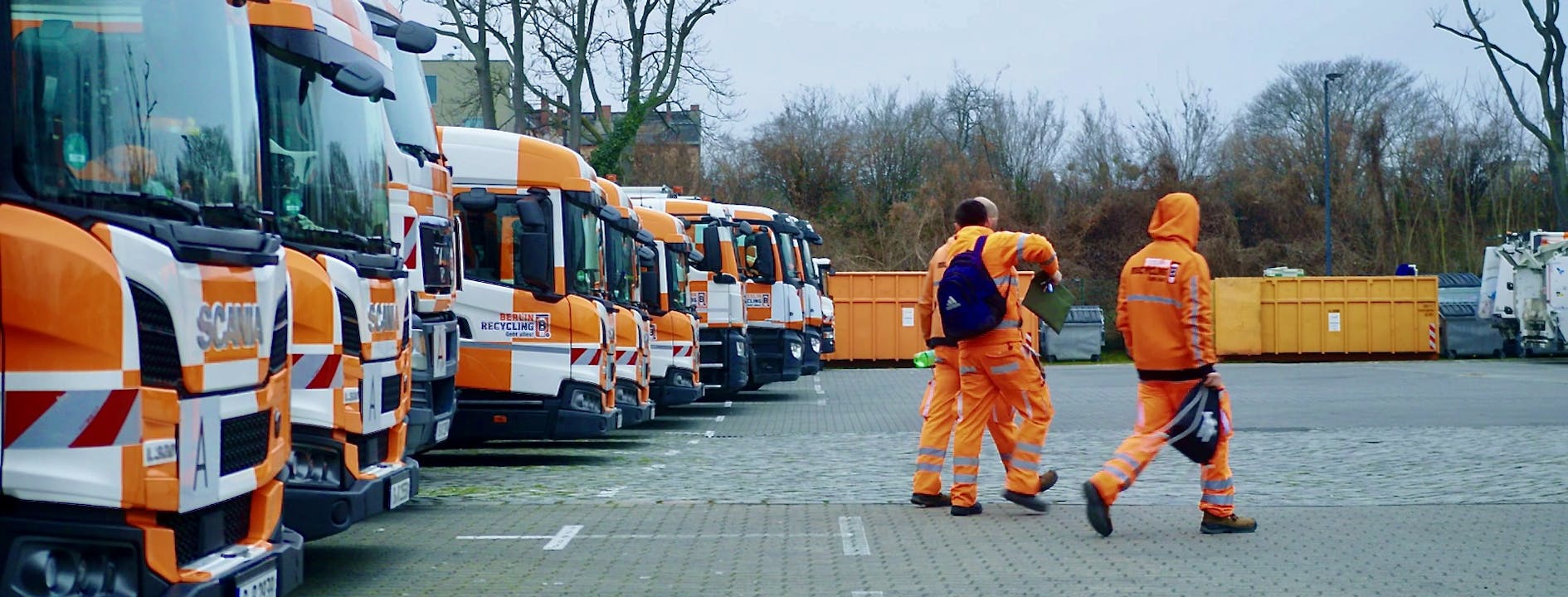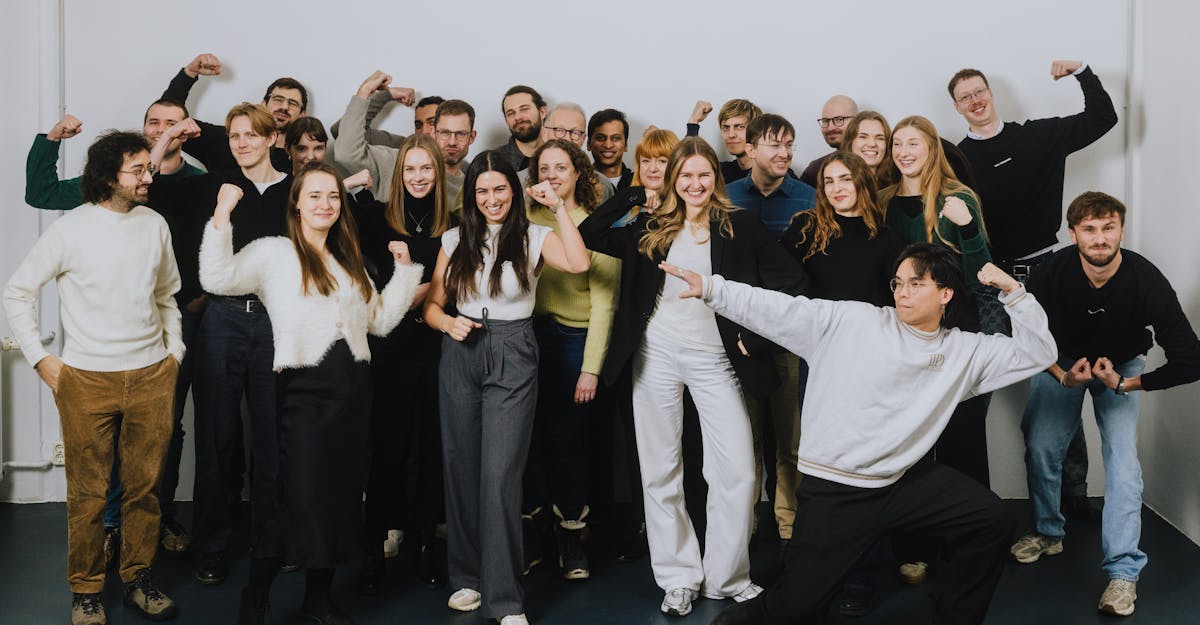IDEAL TOUR MATCHINGS FOR BETTER HEALTH
Jointly with Berlin Recycling, we've developed an AI-driven tour matching system. Utilizing internal and external data, this tool efficiently pairs workers with personalized tour experiences, optimizing satisfaction and engagement.
noun /ˈbreɪk.θruː/

Solved for good
Optimised matching of drivers to tours
Taking into account the health and preferences of the drivers
Higher satisfaction of drivers
Better tour allocation results in happier drivers
Lower turnover of valuable employees
Better workplace environment means employees who stay longer
AI assisted planning for a better future

Plan optimal journeys faster
Berlin Recycling (BR) is a waste management company that collects and recycles waste. Assigning drivers to tours was originally done manually by a dispatcher. BR was faced with two main problems in particular: The planning took too much time and different tour requests of drivers were hard to consider. Some preferred driving long routes if it meant that they can avoid climbing stairs. Others preferred shorter routes even if it meant climbing stairs to collect waste. Of course, the health conditions of the drivers impacted this decision.
drivers impacted

Keeping employees wellness at heart

Driver satisfaction, by default
We developed an AI model that optimizes route assignment while taking driver health preferences into account. This lead to cost savings and ensured higher employee satisfaction with lower turnover of scarce qualified staff.
Through the project, our dispatchers were able to create an overview that shows which combination of drivers and tours fits better together. The AI suggests which riders should best be assigned to which tour. Through the use of AI, our dispatchers are able to do their jobs faster and take into account the health preferences of the drivers in the allocation process by default.
The project allows the drivers to continue to work in good health, instead of having to ride tours that are difficult for them and make them dissatisfied.
What can be solved?
Pretty much anything.
However here are a few common pain points that we often see, which can be solved through our programs and will lead to an AI breakthrough.
Get started with AI
Learn more about our team and find out how you can break through with AI
































